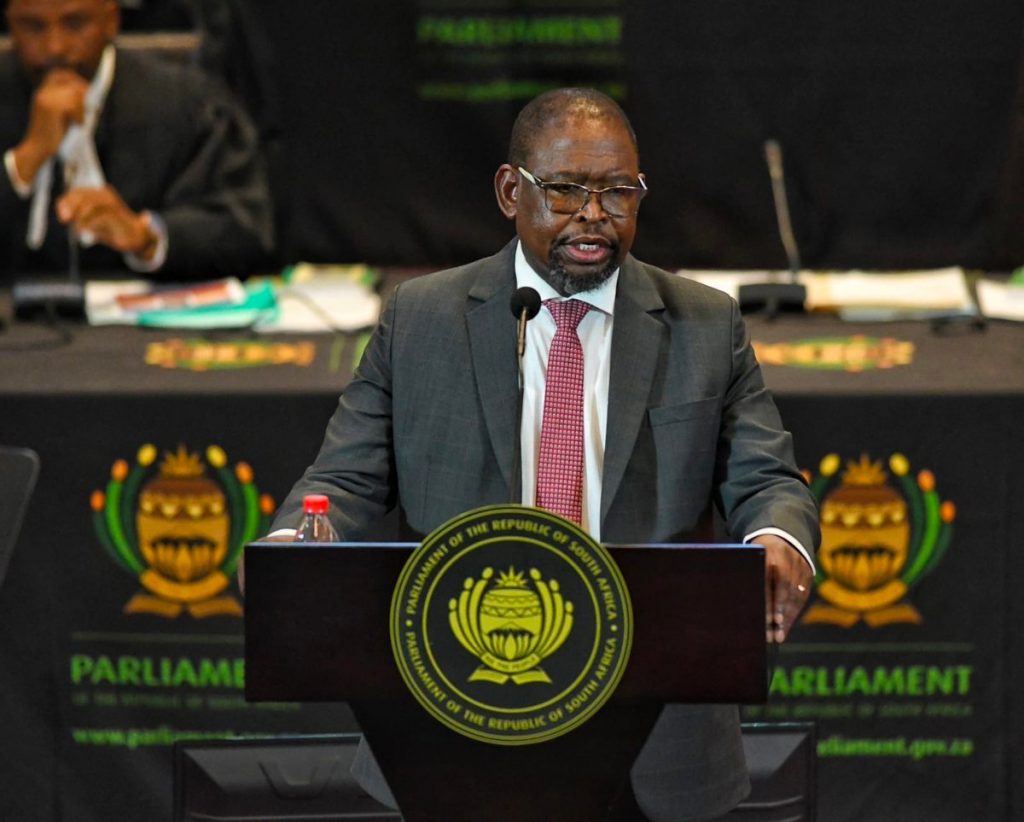Chinese consumer electronics company Honor is set to unveil its latest lineup of smart devices for the South African market. How about we forecast…
Tax breaks for renewable energy investment, rooftop solar

South Africa’s finance minister, Enoch Godongwana, announced two tax measures aimed at boosting investment in renewable energy and increasing electricity generation amidst the ongoing power cuts in the country.
In his budget speech, Godongwana said businesses will be able to reduce their taxable income by 125% of the cost of an investment in renewables, with no thresholds on the size of the projects that qualify. The incentive will be available for two years to stimulate investment in the short term starting 1 March 2023.
Individuals who install rooftop solar panels will also be eligible for a tax rebate of 25% of the cost of the panels, up to a maximum of R15 000. This incentive will be available for one year starting 1 March 2023. Additionally, the government will guarantee solar-related loans for small and medium enterprises on a 20% first-loss basis, as part of proposed changes to the Bounce Back Loan Guarantee Scheme.
Godongwana also emphasised the need for a just transition to a low carbon economy, as climate change poses considerable risks and constraints to sustainable economic growth in South Africa.
New skills and economic opportunities
The Just Energy Transition plan aims to lower emissions of greenhouse gases and harness investments in new energy technologies, electric vehicles, and energy-efficient appliances. It ensures that communities tied to high-emitting energy industries are not left behind and are provided with new skills and economic opportunities.
South Africa has also stressed the importance of developed nations supporting the energy transitions of developing nations, with a larger grant-funding component. Godongwana’s measures aim to incentivise renewable energy investment in the country and address the persistent electricity supply shortage, particularly through small and medium-sized enterprises.

Encouraging SA businesses
Meanwhile, South African entrepreneurs and businesses have welcomed the announcement by Godongwana to increase the tax incentives for renewable energy investment and rooftop solar.
Jeff Miller, founder of the Twelve B Green Energy Fund, expressed his appreciation for the government’s decision, stating that this will encourage businesses to invest in solar and help alleviate the country’s energy crisis.
Miller further explained that the increase in the Section 12B tax allowance from 100% to 125% will give investors an increased return of up to 18% for a moderate risk investment. He also praised the introduction of tax allowances for homeowners, stating that it allows them to invest up to R60,000 in a solar kit to get a maximum tax benefit of R15 000.
According to Miller, the government’s support for sustainable energy generation will not only address the electricity supply shortage but also bring long-term benefits. The Twelve B Green Energy Fund is the first private equity fund in South Africa to qualify for SARS-approved tax deductions, enabling individuals, trusts, companies, and pension funds to write off 125% of their investment against their taxable income.
“Green energy has become a necessity due to South Africa’s unreliable electricity supply, and the private sector needs to step in to urgently improve the situation with government’s support,” said Miller.
The incentives announced by Godongwana bode well for the country’s acquisition of renewable energy and the growth of the Twelve B Green Energy Fund.
READ NEXT: Embedded finance: Fintech innovation to reach turning point

